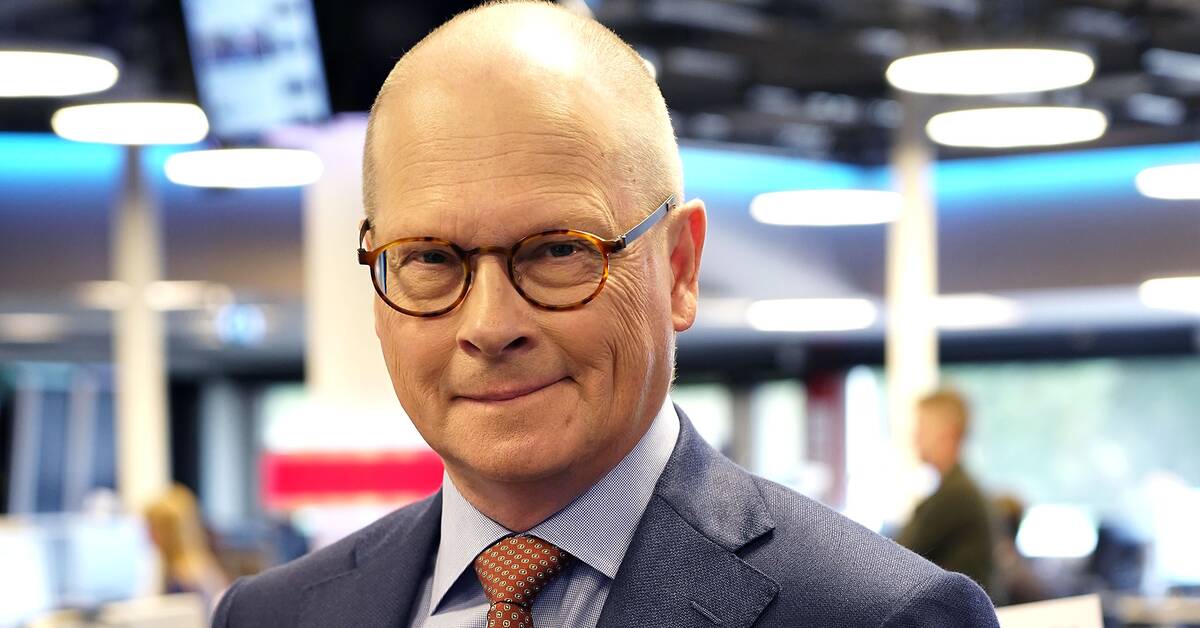The war in Ukraine continues and looks to be getting bloodier.
Pictures of bombed-out buildings, hospitals and shopping malls take turns.
Millions of people are on the run.
Russia's attacks and wars against Ukraine have shattered all possible hopes that Europe is a place spared from invasion wars.
At the same time, representatives of the Russian government have spoken out against countries such as Sweden and Finland.
All this together has direct consequences for Swedish security policy.
This includes the dimensioning of the Swedish defense to deter a potential attacker.
Last week, the Swedish parliamentary parties manifested an almost unique agreement when all parties supported the decision to add extra resources already this year to strengthen the Swedish defense.
There is also a clear majority in the Riksdag for defense appropriations to correspond to two percent of GDP.
New position from M
The Russian aggression has also raised the question of what type of defense co-operation best benefits Swedish security.
This is something that the parliamentary parties have now begun discussions on under the leadership of Foreign Minister Ann Linde (S).
And here is the end of the broad consensus.
The four bourgeois parties (M, KD, L and C) want Sweden to abandon the freedom of alliance and join NATO.
On Friday, the moderate leader Ulf Kristersson also made a proposal that a government under his leadership will immediately submit a membership application if there is a majority for NATO in the Riksdag after the autumn elections.
His most important message was that the Social Democrats should no longer be given a veto on the issue, which is a new position from the Moderates.
Nor does it mean that a Swedish NATO membership needs to take place in collaboration with Finland.
But all this Ulf Kristersson tried to tone down during Monday's trip to Evenes in Norway.
Instead, he and Prime Minister Magdalena Andersson (S) tried to emphasize the consensus in Swedish foreign and security policy.
The Prime Minister once again emphasized the consensus behind last week's defense agreement.
Basically, however, she makes a completely different assessment than Ulf Kristersson about Sweden's security policy choices.
The government and the Social Democrats say no to NATO membership, and according to the Prime Minister, such a move would risk destabilizing the security policy situation in northern Europe.
Unique visit
But despite these fundamental differences of opinion, both believe that it is important to act together in today's crisis situation.
Never before has a Social Democratic prime minister and a moderate opposition leader jointly attended a military exercise with such clear links to NATO.
The exercise, Cold Response, involves about 30,000 soldiers from 27 different NATO countries and partner countries.
Sweden participates with about 1,500 soldiers.
The Prime Minister's and the opposition leader's visit during the exercise should primarily be seen as a strong signal policy, aimed at the outside world, but perhaps mainly at Russia, that Sweden is well integrated into Western defense cooperation and prepared to face possible aggression together with other countries.

